"IMF will come at Serbian government's invitation"
IMF Serbia office head Bogdan Lissovolik has said the IMF mission is willing to come at an invitation from the Serbian government and continue negotiations.
Monday, 30.07.2012.
11:18

BELGRADE IMF Serbia office head Bogdan Lissovolik has said the IMF mission is willing to come at an invitation from the Serbian government and continue negotiations. The starting point for the talks should be the latest economic, fiscal and other events and data, he told Belgrade daily Vecernje Novosti. "IMF will come at Serbian government's invitation" When asked if the previous government was wrong when it decided to freeze its arrangement with the IMF a few months ahead of the elections, Lissovolik said the government always had a choice to follow its economic goals within the IMF programme or outside of it. Commenting on whether it is possible to bring the budget deficit down to the agreed limit of 4.5 percent of GDP by the end of the year, he said the activities towards it would have to start immediately. "As for the size and manner of the reduction, the IMF's views and advice must wait for a thorough evaluation by the IMF mission in order for the IMF to be able to work with the government in setting priorities," Lissovolik noted, adding that the possible savings from reforming the public administration had to be projected realistically and that the costs of severance packages and social security for those laid off were high and should be taken into account. Introducing a freeze on salaries and pensions in the public sector and raising the VAT are some of the key options in reducing the deficit that should be part of the set of measures, but it is too early to say which measures from the set are necessary, he stated. The "departization" of all government companies and other public institutions is important and feasible, and it brings better transparency, responsibility and independence for the managers, Lissovolik remarked. "An example of that is the current situation with the central bank, he said. The Serbian law has already established a clear basis for an independent central bank, and a failure to implement in full the law on the National Bank of Serbia would send a negative signal in terms of the seriousness of the efforts towards depolitization, not only in this, but in other areas as well," he pointed out. Tanjug Vecernje novosti
"IMF will come at Serbian government's invitation"
When asked if the previous government was wrong when it decided to freeze its arrangement with the IMF a few months ahead of the elections, Lissovolik said the government always had a choice to follow its economic goals within the IMF programme or outside of it.Commenting on whether it is possible to bring the budget deficit down to the agreed limit of 4.5 percent of GDP by the end of the year, he said the activities towards it would have to start immediately.
"As for the size and manner of the reduction, the IMF's views and advice must wait for a thorough evaluation by the IMF mission in order for the IMF to be able to work with the government in setting priorities," Lissovolik noted, adding that the possible savings from reforming the public administration had to be projected realistically and that the costs of severance packages and social security for those laid off were high and should be taken into account.
Introducing a freeze on salaries and pensions in the public sector and raising the VAT are some of the key options in reducing the deficit that should be part of the set of measures, but it is too early to say which measures from the set are necessary, he stated.
The "departization" of all government companies and other public institutions is important and feasible, and it brings better transparency, responsibility and independence for the managers, Lissovolik remarked.
"An example of that is the current situation with the central bank, he said. The Serbian law has already established a clear basis for an independent central bank, and a failure to implement in full the law on the National Bank of Serbia would send a negative signal in terms of the seriousness of the efforts towards depolitization, not only in this, but in other areas as well," he pointed out.











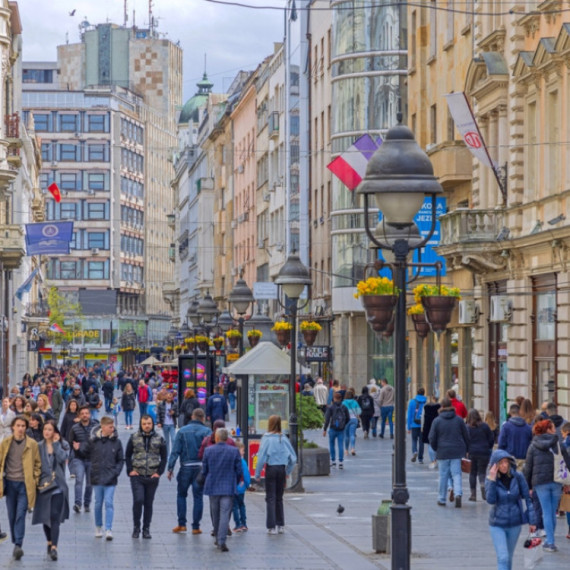


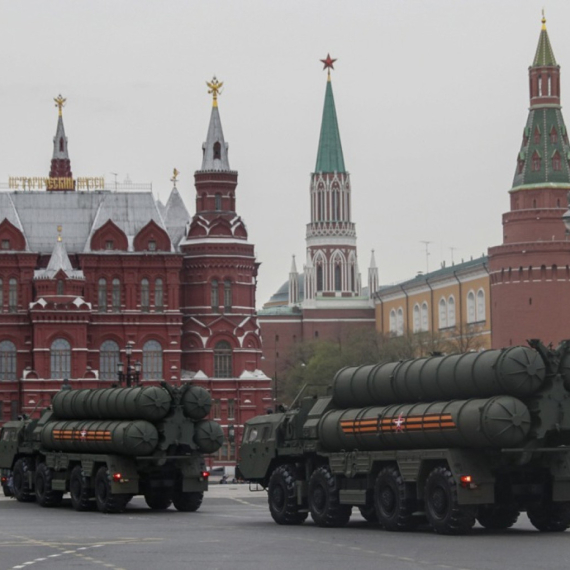


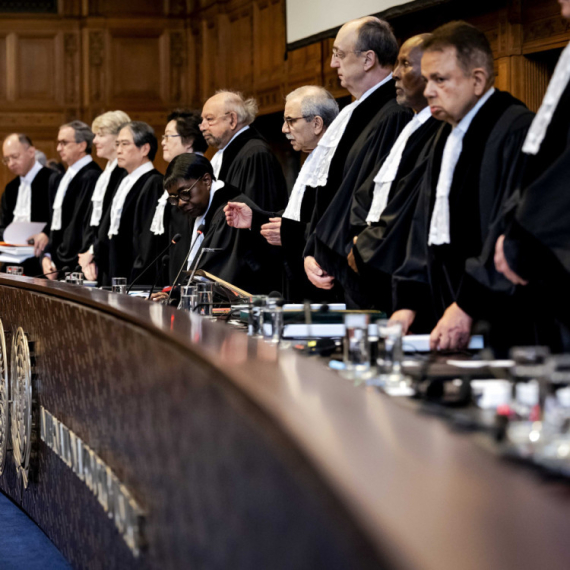

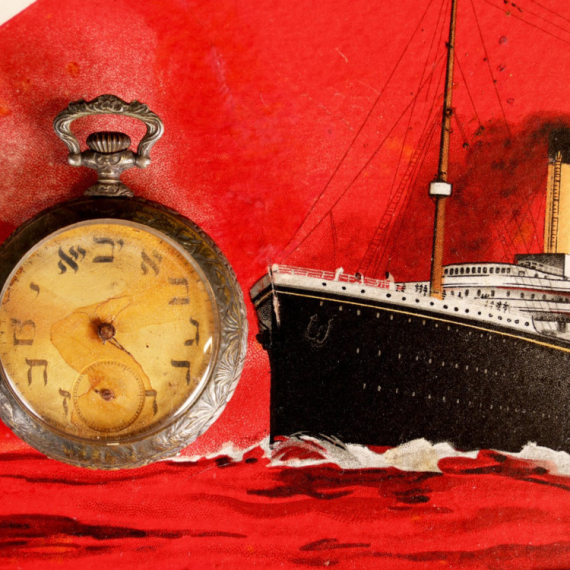



































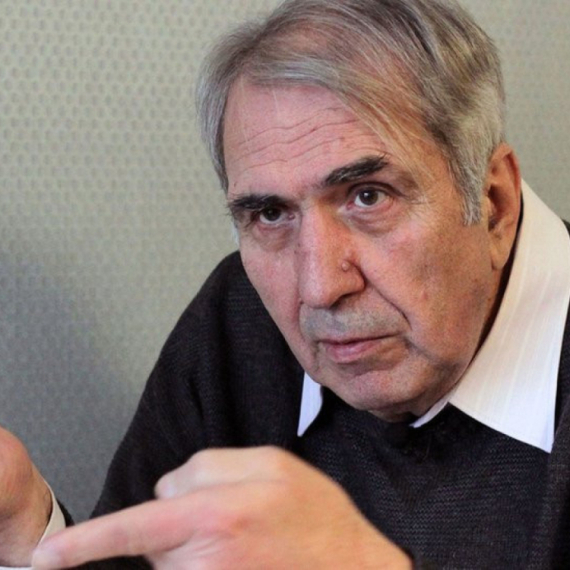
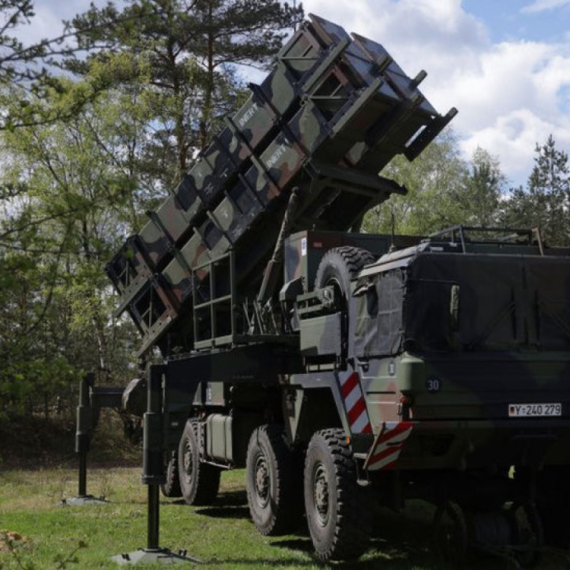

Komentari 1
Pogledaj komentare